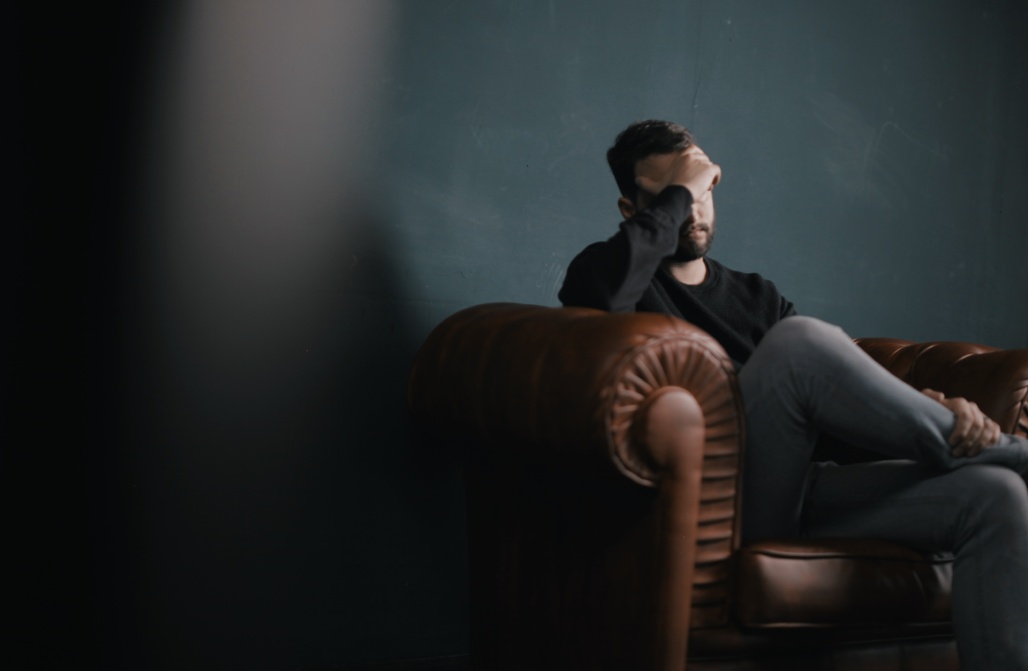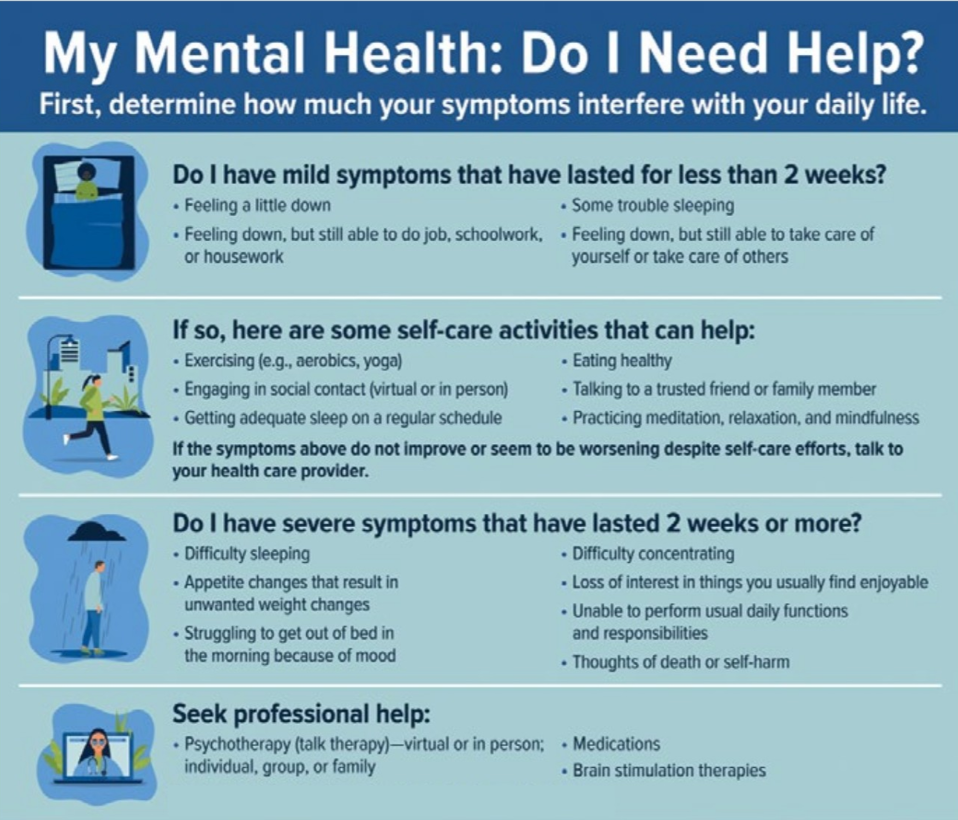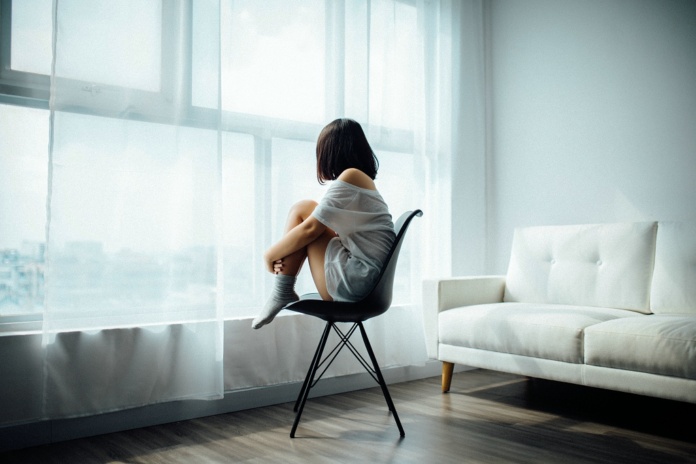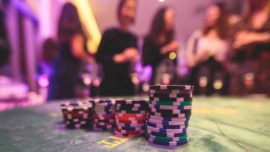The first studies carried out during the second year of the pandemic are now beginning to surface. The results with university students are disturbing
Macau Business | May 2023 | Special Report | Wellbeing and wellness
Until a year ago, public research into the effects of the pandemic on the mental health of Macau residents concerned only the first wave of COVID, just after the beginning of 2020.
All known studies pointed in the same direction (suicidal ideation but also depressive, anxiety, and insomnia symptoms were aggravated by the pandemic), but at that time nobody imagined that the pandemic would last almost three years.
That is, whatever the results suggested by several investigations in the field of mental health, it was impossible to imagine that the worst was yet to come.
In recent months, new academic research has emerged, carried out at a time when we are getting used to living with the pandemic.
This is the case of a study that intended to measure the Prevalence of insomnia and its association with quality of life among Macau residents shortly after the summer 2022 COVID-19 outbreak. A total of 1,008 Macau residents were included in this study.
The various authors, almost all linked to either the University of Macau or the Kiang Wu Nursing College of Macau, point out that the wave that began in Macau on June 18, 2022, “was more serious than previous waves.”

The overall prevalence of insomnia was found to be 49 per cent. “A binary logistic regression analysis” indicated that “people with insomnia were more likely to report depression and anxiety symptoms, as well as being quarantined during the COVID-19 pandemic.”
People with insomnia had a lower quality of life (QoL). “Sleep maintenance”, “Distress caused by the sleep difficulties” and “Interference with daytime functioning” were the most central symptoms in the insomnia network model, while “Sleep dissatisfaction”, “Interference with daytime functioning”, and “Distress caused by the sleep difficulties” had the strongest negative associations with QoL.
The 12 authors concluded that “the high prevalence of insomnia among Macau residents during the COVID-19 pandemic warrants attention. Being quarantined during the pandemic and having psychiatric problems were correlates of insomnia.”

Another very recent study proposed to know the Prevalence and Risk Factors of Internet Gaming Disorder Under the COVID-19 Pandemic Among University Students in Macao, with data collection conducted from December 2021 to March 2022 (229 valid questionnaires).
Wang, Liu, and Nogueira, all Macau-based researchers, not only aimed to investigate the prevalence of internet gaming disorder (IGD), but also analyse its risk factors among university students in Macau amid the COVID-19 pandemic.
The results pointed to a prevalence of 7.4 per cent, which, the authors highlighted, “was higher than 5.2 per cent in México, lower than 14.9 per cent in Italy, and comparable to 7.2 per cent in United States of America.
“The overall prevalence of insomnia found was 49 per cent. (…) people with insomnia were more likely to report depression and anxiety symptoms, as well as being quarantined during the COVID-19 pandemic” – study
But Wang, Liu, and Nogueira also stated that “before the pandemic, an investigation from the Chinese context showed that the prevalence was 2.9 per cent and 5.5 per cent among university students. The latest prevalence in 2021 from China was 10.1 per cent in a convenience sample of university students.”
Although the prevalence among university students in Macau “was not the highest worldwide, a remarkable increase was noticed after the pandemic outbreak,” the paper reads. “The social stress caused by the pandemic may account for the increased IGD prevalence.”
“Changes in living and learning styles made university students accustomed to sitting in front of computers or holding smartphones. Students might play games before the class, after the class, or even during the class. This study infers that reducing face-to-face social interaction and increasing the availability of internet devices increase the occurrence of IGD,” the three authors wrote.
The researchers also found that “students who are the older, male gender, with more gaming time, low self-compassion, and low resilience, have a high possibility of IGD.”
That’s why, they said, “University educators should pay more attention to the older, male gender, with longer gaming history, more gaming time, low self-compassion, and low resilience, for their high possibility of IGD.”
While “the results highlighted that self-compassion and resilience were protective factors for the gaming disorder,” educators “should train students’ self-compassion and culture their resilience, which would prevent students from developing IGD.”
Government is “attentive”
The Macau SAR Government “is attentive to the physical and mental health of young people”, guaranteed Ho Iat Seng during a meeting in February with a delegation from the Sheng Kung Hui Charitable Association (Macau).
The official note from the Government also noted that while the Chief Executive praised Sheng Kung Hui for the various social services developed in Macau, he hoped that the association “continues the good work of educating young people, publicizes the message of the true value of life, and helps the younger generation to know and gain correct concepts of life and values.”
The Sheng Kung Hui Charitable Association (Macau) is linked to the Anglican Church of Hong Kong, which is led by bishop Andrew Chan, who attended the meeting with Chui Sai On.

“Macau has both risks and benefits for mental health”
Jaimee Stuart is Senior Researcher – Team Lead, at United Nations University Institute in Macau. She a Cultural and Developmental Psychologist, working in Tech and Equity. One of the main specialties is precisely health and well-being. She was interviewed by Macau Business.
Many people (probably based only on common sense) say that important effects of the pandemic on mental health will only be noticed later, after the pandemic is over. Does this make sense, in your opinion?
Jaimee Stuart – I agree that the impacts of the pandemic on mental health and well-being will be long lasting, and not only based on common sense, but based off of our knowledge concerning the long-term negative implications of stress and stressors on the body and brain. This effect has broadly been referred to as a “shadow pandemic” where all of the challenges that we experienced as a result of numerous pandemic induced challenges including (but not limited to) physical constraints, social isolation, and both health anxieties as well as poor health resulting from the virus, will continue to have negative impacts on well-being. In fact, we have evidence that the prevalence of many mental health conditions, including depression and anxiety has increased globally post-pandemic, as well as exacerbating these issues for pre-existing sufferers.
Can a city like Macau, with its idiosyncratic characteristics (a kind of claustrophobic, lots of shift work, 24/7, millions coming and going), increase mental health problems?
J. S. –The contexts where people live certainly have major impacts on their health and wellbeing, but this impacts different people in many different ways. While Macau is geographically small and this may influence quality of life negatively (e.g., via crowding, few green spaces, and other poor environmental conditions) for many it can also have positive impacts, for example, providing job opportunities, reducing the need for long commutes, and increasing a sense of community. Therefore, the characteristics of Macau, in all its idiosyncrasies, has both risks and benefits for mental health. We do, however, need to understand how we can unlock to potential of this unique place to support health and wellbeing of its residents in novel ways.
In this context, what strategies do you think are most appropriate to combat or mitigate possible problems?
J. S. – We already have a clear sense (from Self-Determination Theory) of what the basic psychological needs of people are beyond those that are required for survival, these are; to feel autonomy, competence, and relatedness. These needs should be considered at an individual, community, and social level to ensure everyone is able to live in both a healthy and fulfilling way. So we should support autonomy by empowering people to feel a sense of choice and freedom, encouraging people to feel mastery over their lives, health, and living situation, and enabling people to be and feel socially connected and included.
























